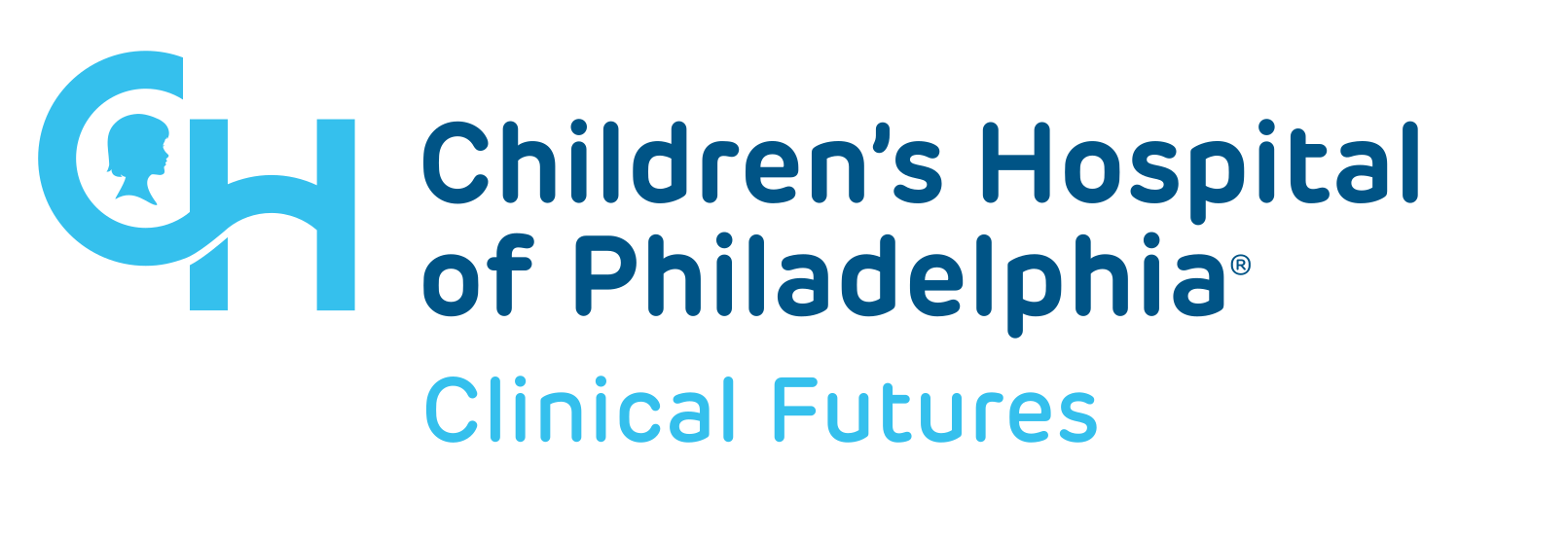Dr. Fieldston's operational and academic work align with evidence-based management, which is the infrastructure in which evidence-based medicine is delivered. The common themes that distinguish and unify this work bring together three domains of scholarship: resource utilization and operational issues; socioeconomic determinants of workload and outcomes in pediatric healthcare; and, healthcare value and value education. Taken together, these foci align with the concepts of the learning health system, seeking to improve the care patients receive, notably by turning attention to the structures and processes in which it is delivered.
Dr. Fieldston has analyzed and published on topics including patient flow, resource utilization and impact of socioeconomic status, readmissions, as well as quality, cost and value educational programming. One example of this learning health system concept in action includes work to develop tools to help clinical and administrative leadership better track demand for hospital services, the strain it places on staff and facilities, and how that demand and strain impacts performance and clinical outcomes. Since workload can be viewed through many lenses, Dr. Fieldston has collaborated with others to consider it through resource utilization analyses with large datasets (such as the Pediatric Health Information System [PHIS]), local data from CHOP; direct observations of care and patient needs, with the input of human factors engineering experts; and from the perspective of quality, cost and value. This latter approach also brings in educational activities around cost and value, including research on the impact of such training on attitudes and knowledge about cost and value.
Dr. Fieldston was supported with research funding from the Society of Hospital Medicine (SHM) and the Agency for Healthcare Research and Quality (AHRQ). Recent publications include studies on resource utilization, readmissions, and healthcare finance and value. He is on the editorial board of Hospital Pediatrics and Academic Pediatrics.




